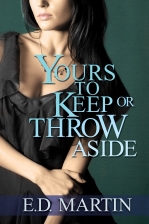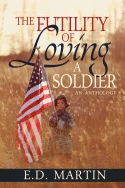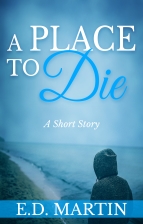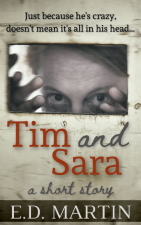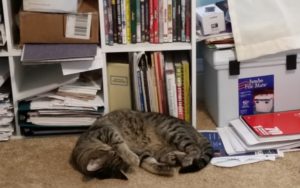
My cat’s self-care involves sleeping on the floor all day.
It hasn’t been the best week. One of my former students was killed over the weekend in a horrific, preventable accident. She was 24 and one of the most genuinely nice people I’ve ever met.
Everywhere I look on the news, I see stories and videos about Terrence Crutcher and Keith Lamont Scott and Tyre King and Korryn Gaines and hundreds of other people who are also killed in horrible, preventable ways. And I see videos of their families and friends, and thousands of people supporting them (as well as thousands actively not supporting them). With each new death, I grow more fearful for the junior high and high school students I’ve taught, as well as their friends and families, because really, it seems to be only a matter of when, not if, that their names will be all over the media as well.
It makes me tired.
As a social work PhD student, my focus right now is on trauma-informed care, which is a perspective that emphasizes a gentle approach to clients because there’s a good chance they’ve experienced a traumatic event in their lives or vicariously experienced it through someone they know, and that exposure manifests itself in a stressful physiological fight-or-flight response that wears you down. Social workers aren’t immune to this either; we experience our clients’ traumas every day, and it can take its toll.
Fortunately, part of a TIC approach involves self-care. I attended a workshop on the topic today and thought now would be a good time to share what I learned, because I’m guessing there are a lot of other soul-tired people out there right now too.
Pre-trauma:
- Identify your patterns by thinking about what your triggers are – situations that will negatively increase your stress.
- Identify as well what your reactions to those triggers are – do you shut down? Cry? Lash out?
During/after trauma:
- Remember that you have choices – this situation is different from the past, and you can choose to respond differently than you did to pass situations where you may have felt helpless.
- Use comfort objects – something small and manageable, like a wedding ring, that can ground you in the present and help you focus.
- If possible, go to a previously-identified safe spot: your couch, a friend’s couch, somewhere where it’s okay to let your emotions out.
- Focus on the senses – listen to soothing sounds, try deep breathing, maybe splash cool water on your face or hands.
- Have a Plan B for your job situation – is it okay if you go home for the rest of the day or take a couple days off?
- Rely on peer support. Reach out to your friends and family. Let them know your self-care preferences so they can better support you.
- Understand that what you’re feeling is normal, but that everyone has their own reaction to their own stimuli. What you’re feeling, and how you go about caring for yourself, is normal for you, and that’s what matters – YOU.
What approaches do you take for self-care?


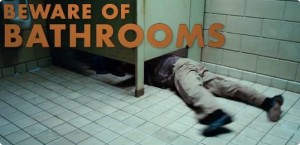 Today I chaperoned a trip for an after school program. We took about 60 elementary school kids to a local art museum. My duties basically consisted of making sure 10 K-2 graders quietly paid attention to the docent and had adequate bathroom breaks.
Today I chaperoned a trip for an after school program. We took about 60 elementary school kids to a local art museum. My duties basically consisted of making sure 10 K-2 graders quietly paid attention to the docent and had adequate bathroom breaks.









